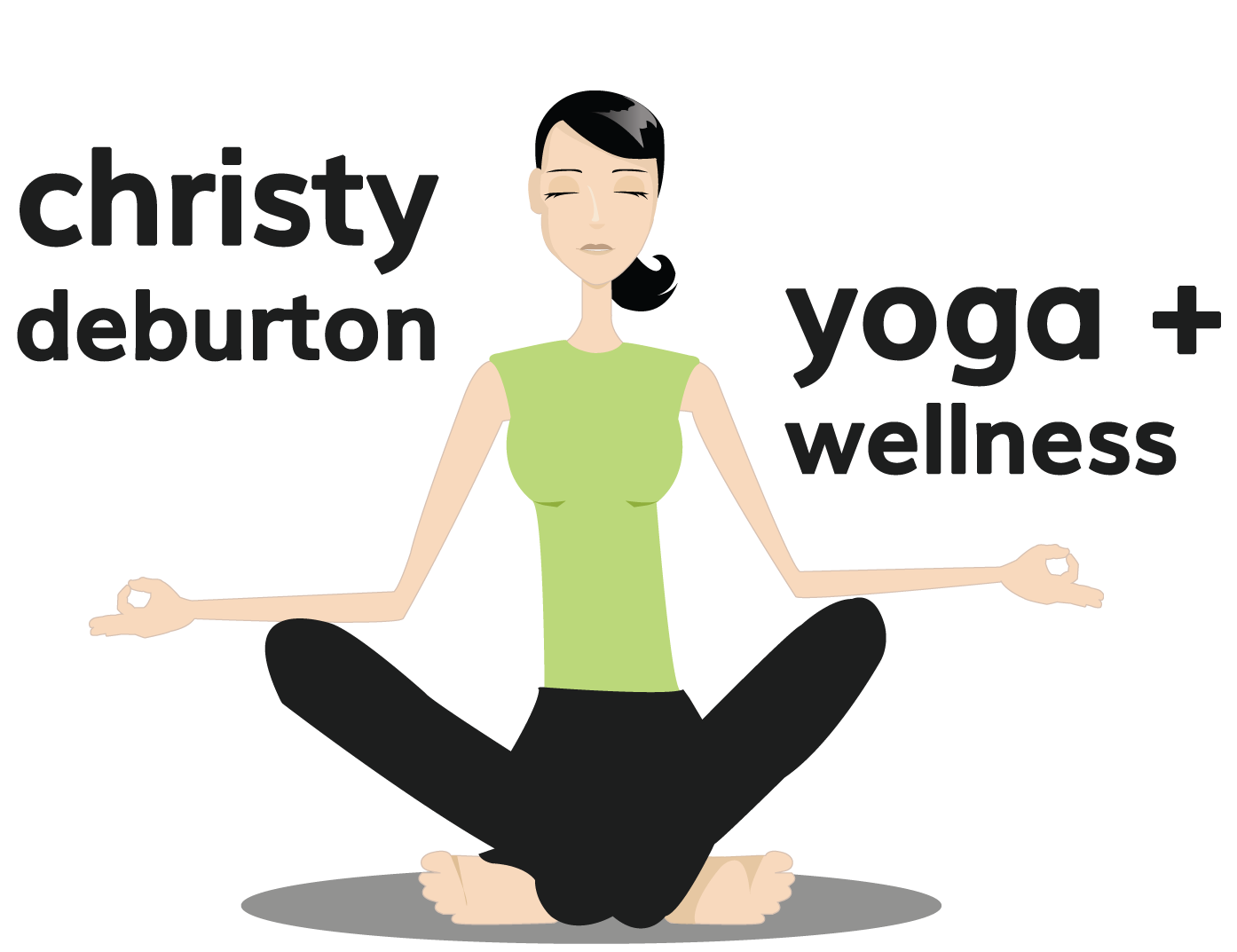I started to get an inkling while reading the book, Divergent Mind: Thriving in a World That Wasn’t Designed for You, by Jenara Nerenberg. In it, the author delves into the lives of neurodivergent women—those with ADHD, autism, synesthesia, high sensitivity, and sensory processing disorder—and explores why these traits are overlooked in women. At the time I already knew I was an HSP (highly sensitive person), though I hadn’t diagnosed myself with this trait until I was in my early 40s. However, the similarities in ‘symptoms’ in the book between women with autism and some of my own habits and tendencies surprised me and got me thinking. My husband had once made a passing comment earlier in our relationship that he thought I was “a little on the spectrum.” I hadn’t given it much thought at the time, but now I was intrigued. Why did I relate to more than a few of the signs of autism in Nerenberg’s book?
Fast forward to the recent past when my favorite HSP expert and psychotherapist Julie Bjelland diagnosed herself as autistic and started doing lots of research on the topic and sharing it on her blog. It turns out there is quite an overlap between HSP and autism. However, there are several reasons that many HSP women don’t realize this. For starters, autism is on a huge spectrum that manifests uniquely in each person. In addition, the subtleties of autism in females often go unnoticed by practitioners unfamiliar with how it presents differently from the male-centric model. Moreover, women are much more likely to learn at an early age how to mask their differences to fit into society. Unfortunately, this masking and lack of formal diagnosis is costly to women, and can lead to anxiety, depression and other mental health challenges. What is needed is more education, understanding and inclusivity for those who feel ‘different’ than the rest of society. And, I would add, more appreciation for the gifts that those of us with neurodivergent minds have to share with the world.
There is so much more I could go into about this connection between HSP and autism, but I think both Nerenberg and Bjelland do it more eloquently and thoroughly. If you are (or think you might be) neurodivergent or know someone who is, I highly recommend that you read their work. Bjelland has tons of information on her blog and podcast, and even has a comprehensive online guide, Understanding Autism in Women, on her website, as well as a Sensitive Empowerment Online Community. And Nerenberg’s book, Divergent Mind, is my Book Club pick for August 2024. I invite all neurodivergent and neurotypical people alike who would like to learn more about this topic and connect with others to join me. I hope to see you there!
Please share this blog post! This knowledge could change someone’s life. For more HSP resources, be sure to check out the HSP Empowerment section of my Wellness Blog.


 My Favorite *New* Plant-Based Recipes for Veganuary 2024
My Favorite *New* Plant-Based Recipes for Veganuary 2024